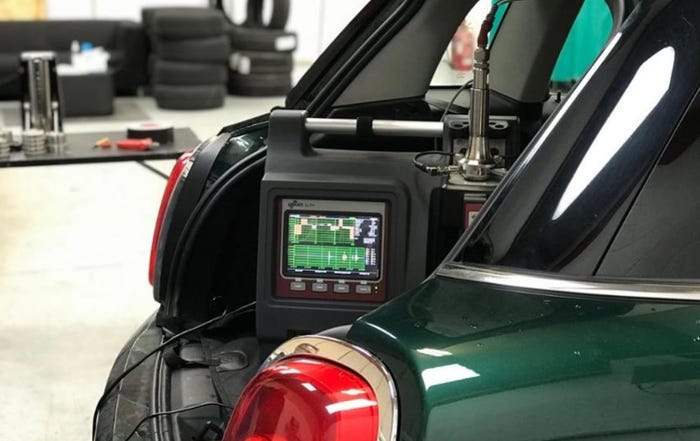Diesel Engines Flex Muscle in U.S. Marketplace
Analyst says cost-conscious consumers are scared off by the price premium of some vehicles with alternative powertrains.

TRAVERSE CITY, MI – A forecaster says diesels may win the marketplace battle of alternative powertrains in the U.S. because of a factor important to consumers: price.
Cars equipped with diesels typically cost $2,000 to $3,000 more than the same model with a standard gasoline engine.
But that’s much less than hybrid, plug-in hybrid and electric-vehicle premiums that can run as high as $14,000, says Mike Omotoso, LMC Automotive’s senior manager-global powertrain forecasting.
That can scare off price-sensitive customers, including those who do the math in an expectation that an alternative-fuel car ultimately will save them money because of lower energy costs.
“If you are saving $1,200 a year on fuel (with) a hybrid or EV but the price premium is $14,000, it would take years to get a payback,” Omotoso says at the Management Briefing Seminars here. “Premium prices on plug-ins and EVs make the payback period too long.”
Another issue is how residuals stack up for cars powered by the different types of alternative powertrains.
Some hybrid and EV used-car values have suffered because of longevity concerns, particularly regarding batteries. In contrast, diesel-powered vehicles enjoy strong resale values tied to their reputation for durability.
“Diesels have higher residuals, so you pay more up front but you get the money back in the end,” Omotoso says.
Diesel take-rates will increase as the engine type is offered in a greater array of vehicles, he predicts. Diesels in the U.S. market primarily have been limited to heavy-duty trucks, some premium European models from Mercedes-Benz and BMW and select Volkswagens.
“We are looking for diesels to power more lightweight pickup trucks, SUVs and cross/utility vehicles,” Omotoso says. “Diesels in those vehicles make sense because of the torque.”
VW remains the diesel leader in the U.S., with a 23% share of that engine segment. But the competition is growing. Mazda is set to roll out a diesel Mazda6 sedan, and General Motors recently launched a diesel-powered Chevrolet Cruze. GM product planners tell WardsAuto they are putting a toe in the water by introducing the Cruze diesel.
Still, auto makers continue to improve conventional gasoline internal-combustion engines, making them the preference of most consumers, Omotoso says. He points to recent ICE advances such as turbocharging, gasoline direct injection and cylinder-deactivation systems.
“From a cost perspective, gasoline ICEs still make the most sense for consumers and vehicle manufacturers,” he says.
There also is an ICE advantage when it comes to fuel availability. Omotoso notes 130,000 gasoline stations are in the U.S, but only about 50% sell diesel fuel. Most EV owners recharge their vehicles at their homes, but the absence of a full-fledged nationwide EV charging network is a purchase deterrent.
People who recharge EVs must possess patience, he says. “Even with a fast charger, it takes 30 minutes vs. spending a few minutes fueling your car at a gas station.”
Read more about:
2013About the Author
You May Also Like





